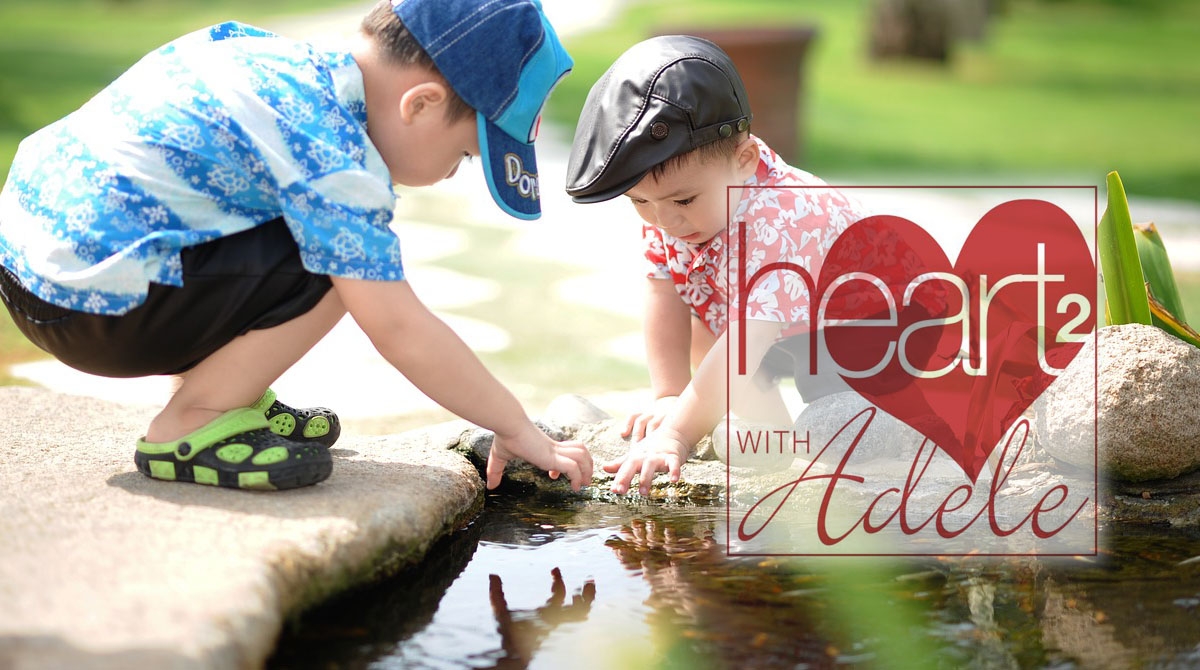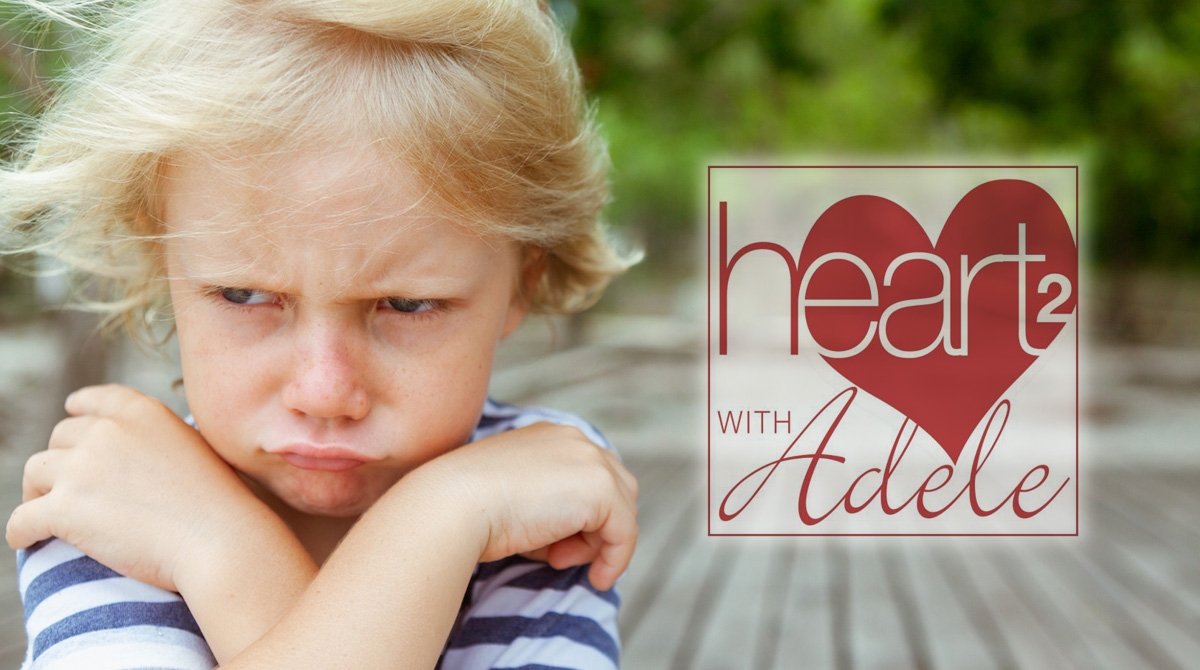
The benefits of outdoor play for kids
QUESTION
Dear Adele,
I recently read that the average child spends seven hours per day behind a screen. I certainly don’t want my school-aged children to grow up with such a sedentary lifestyle. What do you think are the benefits of activity and outdoor play for kids? How can I get my children to want to play outside more often?
Outdoorsy Mom
ANSWER
Dear Outdoorsy Mom.
I found an excellent article on the Parenting Science website which I can recommend to you. It is written by Gwen Dewar, PhD and is entitled ‘12 benefits of outdoor play and tips for helping kids reap these benefits.’ Dr. Dewar reviewed 37 studies on the topic and discusses at length the empirical research. The key points follow:
- Outdoor play ensures that children get enough sunlight, which is good for their bodies and brains. It helps promote healthy sleep rhythms, keeps them topped up with vitamin D, and facilitates concentration.
- Children are twice as active when they play outdoors and the vigorous exercise benefits cognitive performance.
- Outdoor play can diminish the risk of becoming nearsighted.
- Outdoor play allows greater freedom to run, jump, climb and develop athletic abilities.
- Outdoor play provides opportunities to develop vocabulary and concepts.
- Outdoor play helps with stress, concentration and memory.
- Outdoor play in nature, reduces the risk of behaviour problems.
- Outdoor play offers opportunities for cooperative play, which develops social skills.
- Children who play outdoors learn respect for the environment.
- Outdoor play facilitates falling asleep more easily in the evening.
- Outdoor play provides opportunities to develop confidence because children can test their physical abilities without adults around.
- Outdoor play results in healthier children, who in general have lower BMIs than children who play predominantly indoors.
An article entitled ‘Benefits of Being Outdoors- What the Science Says’ by Kiwanis concurs with many of these findings, but lists others as well:
- Exercise in nature benefits self-esteem and mood.
- Children who play outdoors have a better connection to nature.
- Outdoor play contributes to better feelings, emotionally.
- Outdoor play usually burns more calories.
- Outdoor play is associated with lower blood pressure.
- Outdoor play is often more fun.
- Sunshine and fresh air ward off depression, relieve stress, and can enhance a social activity.
- Outdoor play is often free.
A third article entitled ‘Why should my child play outside? Benefits of Outdoor Play for Kids,’ added the following points about outdoor play:
- Outside play is correlated with better physical health, more well-rounded personalities, greater independence and compassion towards others.
- Outdoor play improves motor skills, BMIs and muscle strength.
- Outdoor play is associated with better lifelong health.
- Active children tend to be active adults.
- Outdoor play is correlated with advanced motor skills, coordination, balance and agility.
- Lower BMIs are correlated with longer amounts of time spent outside.
- Children with close friends who enjoy the outdoors spend more time outside.
- The more time spent outdoors, the less likely a child is to be obese.
- Outdoor play benefits children with ADHD.
- Outdoor play is associated with increased openness with parents and caregivers.
- Children who play outdoors have greater self-awareness. They develop stronger reasoning and observation skills. They are less likely to be bullied or to become bullies.
- Outdoor play requires imagination and teamwork resulting in more positive interactions with others.
- Children with an opportunity to play outdoors develop a greater sense of independence and freedom.
- Outside play helps improve brain development in creating games, problem-solving and carrying out ideas.
- Outdoor play improves communication skills. When children meet others on the playground, they can practice forming friendships by themselves.
- Outdoor play offers opportunities for expanding the learning environment.
If one reviewed just these three articles and digested the research behind the findings, it would be hard to argue against outdoor play, or more of it, for kids. You might be wondering how you can encourage sedentary children or those who are addicted to screens to increase their amount of outdoor play. I have a few suggestions for you.
First off, try to make the outside play fun. Children enjoy games such as basketball, badminton and skateboarding outside. Teach them how to catch and kick a ball. Visit the local playground and try out some of the equipment there. Organize a treasure hunt or a scavenger hunt. Sign your children up for group activities that are run outdoors such as soccer and softball.
A second way to encourage outdoor play is to take your children to outside places. Help them experience the joy of walking and hiking on nature trails. Consider a visit to a nearby water body where geese and ducks congregate and where feeding is a possibility. Go for a family walk after dinner to a destination where the children can play outside, such as a local park.
A third suggestion is to provide options which you may not have looked at before. For example, visit an unfamiliar playground, with new equipment as a family outing. Consider playing board games outside in the backyard on a picnic table or at a local park. Purchase outdoor toys so the children will be encouraged to go outside to play with them.
A fourth idea is to make outdoor play more social. Why not invite family, friends and peers to join you in an outdoor activity? Perhaps you could host an outdoor games night. Why not organize relay races for your friends and their children. it might be fun to have a meet up of your family, friends and peers at a nearby community park where the children could play together. How about a camping weekend?
Finally try to build outdoor activities and play into your general routine. Maybe the whole family can walk after supper or take the dog for a walk. If you don’t have a dog this might be a good reason to get one.
What outdoor play looks like will vary by the age group of the children and adults within your family. What will not vary is the benefit to all of fresh air, sunshine and time spent playing outside in nature.
Thank you for writing Outdoorsy Mom. I wish you every success in helping your children become happier and healthier outdoorsy children.
Sincerely, Adele
I'm looking forward to your questions! Email me at maryadeleblair@gmail.com and please put Heart to Heart in the subject line. Note that all columns will remain anonymous.
Photo: Pixabay









